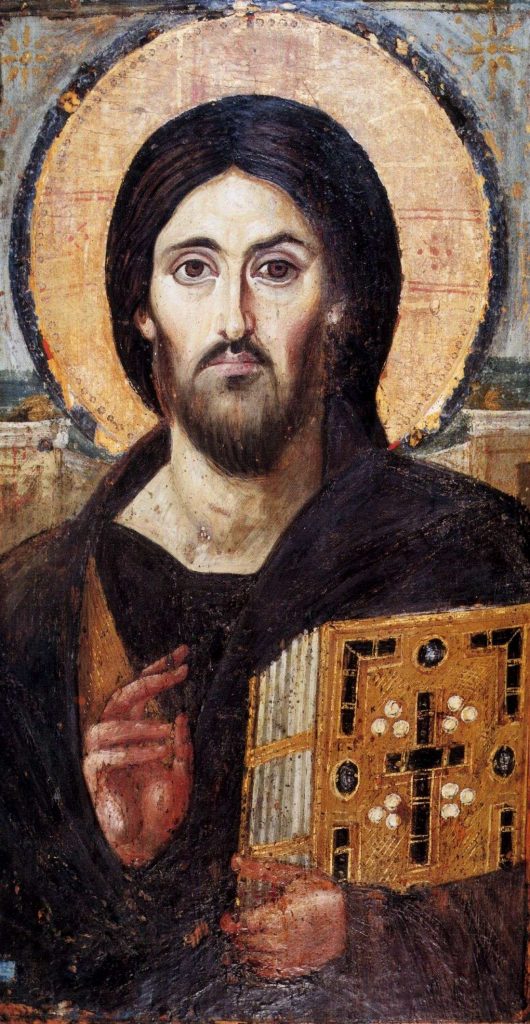Luke 22:1-13
This is one of those passages that leads me to think about the ramifications of my theology. The events are falling into place for Jesus’ betrayal and crucifixion. Judas makes his agreement with the chief priests and temple police. Then the day comes for the preparation of the Passover meal, and Jesus sends Peter and John off to make everything ready. He knows exactly how things will unfold: they will meet a man carrying a water jar, they will follow him into the house he is making for; and the owner of that house will give them an upstairs room.
Did Jesus have a previous conversation with this homeowner? Or was it like his call of Zacchaeus? “Come down out of that tree; I’m having dinner with you tonight.” How did he know about the man with the water jar? And if he knew his disciples would meet this man, did he also know ahead of time everything that would take place as he was betrayed, questioned, flogged and crucified?
In thinking about the small miracles Luke weaves through his story of Jesus the Messiah, I have evolved in my understanding. When I was a child, I accepted them at face value. Jesus was all-knowing and able to transcend the limitations of the natural world.
As a young adult I grew into an appreciation of Jesus’ humanness. At that stage I imagined that Luke exaggerated his tale, and that this incident of foreknowing in today’s lesson was an embellishment. Jesus was a man like any other, bound by the rules of the three dimensional world. I did believe he was God’s only begotten son. But that, for me, was the beauty of it all. He was fully incarnate, completely immersed in the human world. God became human so that we might become divine.
Several decades, spiritual practices and studies later, I have come back around to the first perspective. I don’t know that it is any more valid. It’s just that I can appreciate how Christ is present in Jesus the man – how total transparency to God is by its very nature omniscient. With that transparency miracles happen to all of us, and they aren’t even that remarkable.
Here’s the ramification of my theology. Jesus the man chose the path to Calvary knowing full well what it would entail. He did this to free us from our bondage to the things of the world. We are slaves to the sort of security we can see (and possibly control) – a security bought with money, or brokered with power, the privilege of certain races and classes of people. But that is not really what matters. John calls it darkness; Luke names it as sin.
None of it matters because we are not of this world. No matter what kind of suffering and what kind of death we experience, we will not be annihilated. We belong to God. Jesus showed us this by going through death before us. He shows us the way.
We can be fully present in all our glorious, horrible, loving, disgusting, terrifying, beautiful, regrettable, magnificent, pain-filled, transformative moments because we have absolutely nothing to fear.

